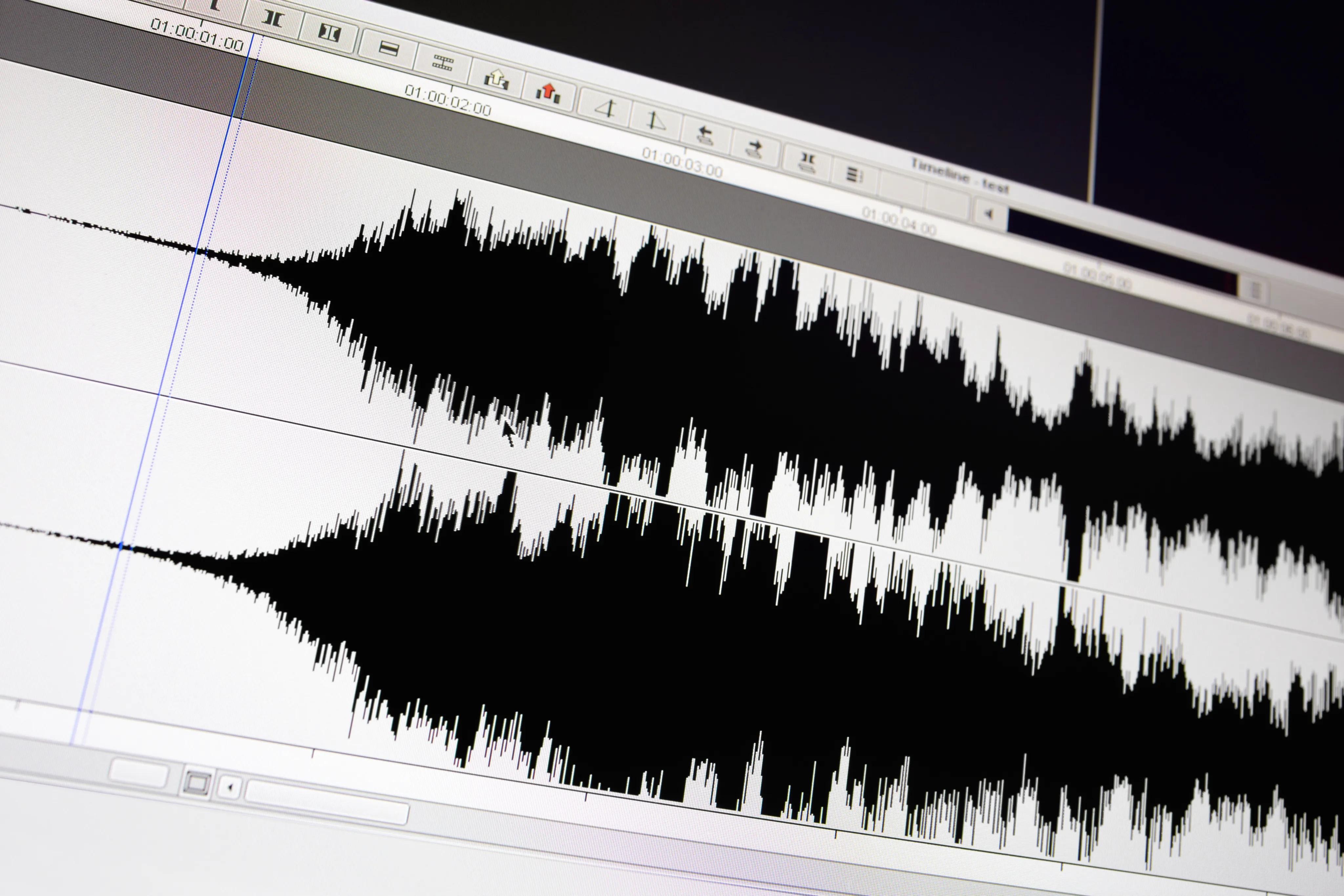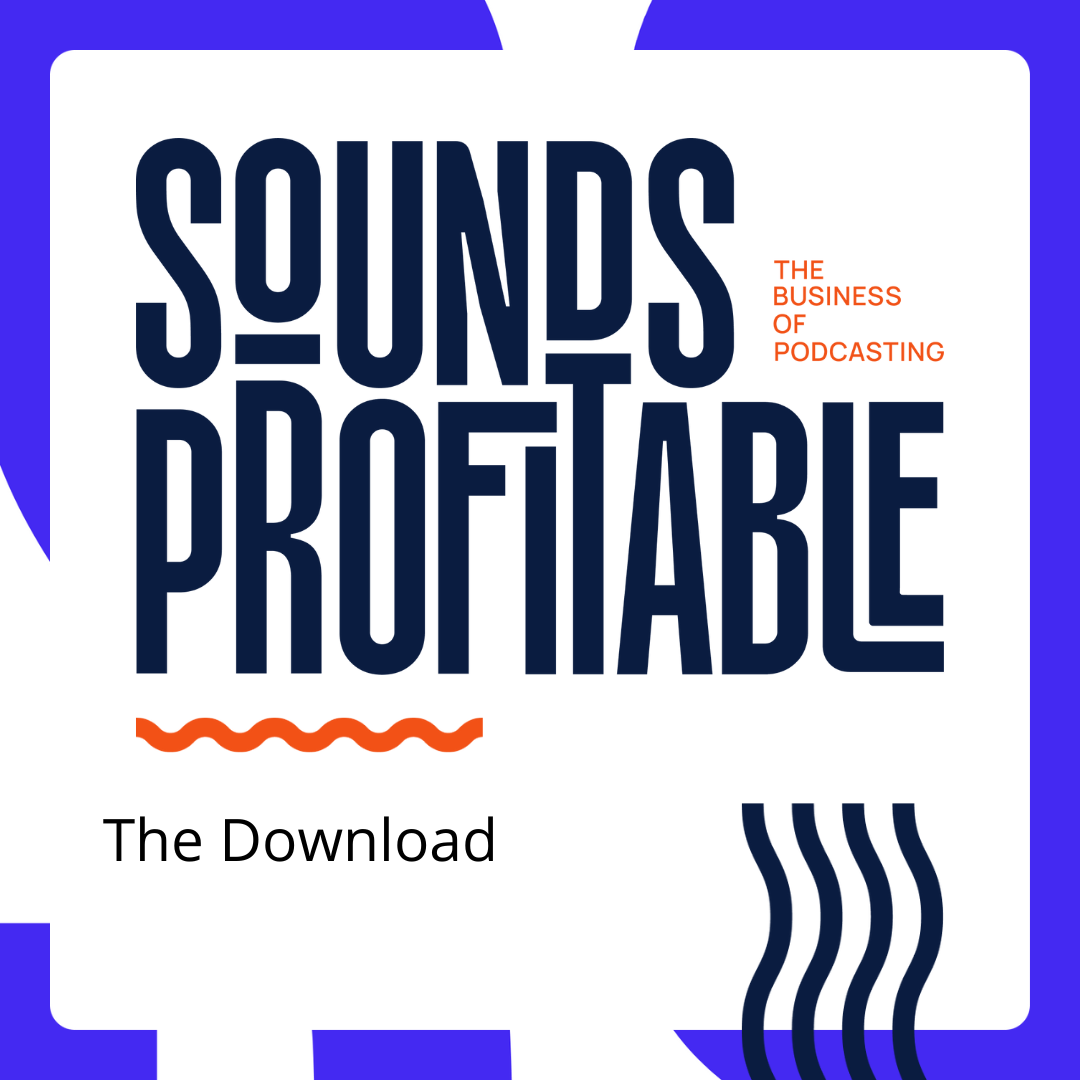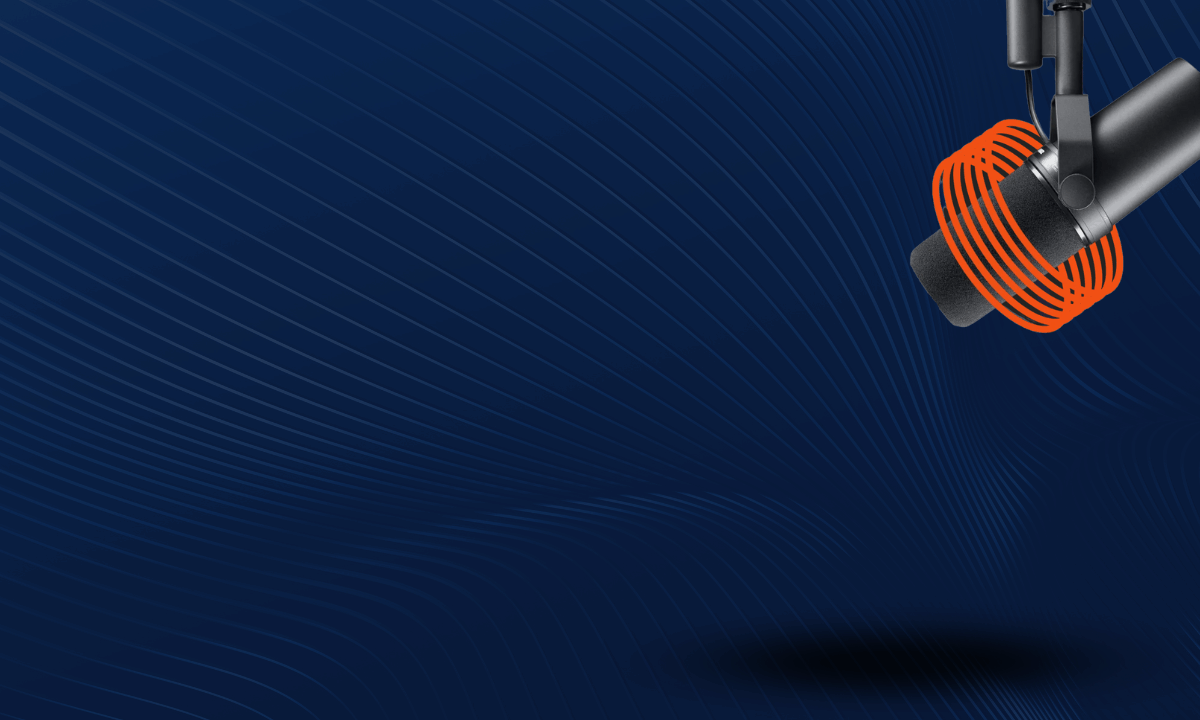Manuela: This is The Download from Sounds Profitable, the most important news from this week and why it matters to people in the business of podcasting. I’m Manuela Bedoya.
Shreya: And I’m Shreya Sharma. This week: The ‘slippery slope’ of podcast endorsements, Netflix’s ad-supported tier has teething troubles, why ad buyers are hesitant to embrace DSPs, and a look at modern contextual advertising.
Let’s get started.
Navigating the ‘slippery slope’ of personal endorsements in podcast ads
Manuela: Over the past few years there have been multiple headlines spotlighting instances of social media influencers butting up against the Federal Trade Commission. This period of adjustment as new media incorporates modern advertising rules has matured to the point the FTC has a official page just for coaching influencers on advertisement disclosure.
As MarketingBrew’s Alyssa Meyers pointed out this week: the FTC hasn’t similarly cracked down on podcast advertisements just yet, but it has come close. Listeners of The Download might remember a case in November when Google and iHeartRadio settled with the FTC out of court. The case concerned allegations that several iHeart on-air radio personalities were given ad copy with personal endorsements for a Pixel phone the hosts had not used. From Meyers’ article:
“Though the FTC’s guidelines for endorsements and testimonials in advertising don’t mention podcasts, the agency proposed a change last May that would, if approved, add an example concerning a podcast host related to disclosing material connections.”
Podcasting is no stranger to ad copy that flirts the line between advertisement and personal endorsement. Meyers opens her article asking if the reader has ever questioned if podcasters really made the meal kits they endorse, or if their mattress sponsor actually fixed their back problems. Hyperbolic, perhaps, but endorsements are a big factor in the appeal of host-read ads.
David Plotz, CEO of City Cast told MarketingBrew he has experienced advertisers requiring ads to contain personal endorsements or, more worryingly from an FTC perspective, attempt to slip a personal endorsement into the ad copy.
Meyers spotlights two approaches that eliminate any FTC concerns: Lauren Lograsso and NPR. Lograsso prefers ad deals with required endorsements and the authenticity of having tried the product herself. Conversely, NPR has a blanket policy of zero personal endorsements, a byproduct of the company carrying over its radio journalism ethos into podcasting.
The article then closes out with advice from Veritone One VP of podcasting Hilary Ross Shafer and Adopter Media CEO Glenn Rubenstein: onboarding calls between podcasters and advertisers are useful, if not vital, tools to establish goals and prevent miscommunication.
While host-read remains the preferred method of podcast advertising, it’s worth remembering Sounds Profitable’s first study, After These Messages, found the gap between host-read and announcer-read was smaller than conventional wisdom might suggest. 81% of respondents trusted host-read ads, followed by 71% trusting announcer-read.
While it’s certainly possible podcasting will get a headline or two on par with, say, Instagram influencers selling teas that claimed to cure cancer, the data shows there’s no need for such extremes. Podcast listeners, especially in comparison to other forms of media, are quite accepting, if not supportive of advertising.
Netflix Ad-Supported Tier Experiences Teething Troubles
Shreya: Time for an update on a continuing story involving Netflix. Back in early November we covered the details of Netflix’s new Basic tier with advertisements, as well as the big brands buying space at a reported CPM between $60 and $80. Now Basic with Ads has been out a few months and experienced its first teething troubles. Danielle Long, writing for The Drum, reports the streamer has had to issue refunds to Australian advertisers after failing to meet projected audience numbers. From the article:
“Media reports suggest Netflix’s Basic with Ads subscription tier, which launched in November, has underperformed by as much as 70% in the first three months of operation.”
While Australia’s ad refunds are the most eye-opening headline, Basic with Ads is reportedly slower to start than expected on a global scale. From a US perspective, last week an Insider Intelligence piece from Sara Lebow digs into the question of why, in the face of a recession, consumers aren’t downgrading their Netflix memberships to Basic with Ads. In fact, as economic worries mount, CivicScience numbers show there has been a three percent decline in US citizens who only have one subscription video-on-demand service since January of 2022. From Insider Intelligence analyst Daniel Konstantinovic:
“Not only have people shown they are willing to pay for entertainment through difficult economic times, but they’re actually adding more.”
One bright spot for Basic with Ads is the recent rollout of Netflix’s password-sharing restrictions in certain markets, with plans to implement them in more places over time. While controversial on social media, kicking people off shared accounts will likely drive Basic with Ads subscriptions as people begin to sign up and see the ad-free experience they’ve grown accustomed to comes with the sticker shock of $16 a month.
Audiences can be ad-averse and comfortable with paying to get away from ads. Even in podcasting, where we have seen audiences be particularly accepting of ads, there’s a booming market of premium subscriptions that frequently offer ad-free feeds. The question remains if consumers will value ad-free Netflix at the price point of three premium subscriptions on Apple Podcasts.
Why podcast ad buyers are hesitant to spend through demand-side platforms
Manuela: It’s no secret that programmatic has yet to be wholly adopted by podcast advertisers. This Valentine’s Day, Sara Guaglione of Digiday has published a piece specifically to investigate why the hesitancy still exists. From the article:
“There are a variety of reasons for this: host-read ads are still king in the medium, not all podcast networks or shows have inventory available to buy programmatically, and buyers often feel the need to vet the content to ensure contextual alignment when targeting specific audience segments or category verticals across a number of podcast networks.”
This commitment to host-read and lack of programmatic accessibility also leads to a shortage of inventory available to plug into an SSP. Podcasting is also light on SSPs, with few exceptions past AdsWizz and Triton Digital. As Marketecture founder Ari Paparo told Digiday for another piece, it’s not likely we’ll see a lot of new SSPs pop up anytime soon. Paparo’s quote from that article:
“I think that, fundamentally, the SSP business is not very attractive … It’s not growing, and it’s very competitive as publishers really treat you like a commodity, they have like 10 or 20 of them implemented on every page.”
It’s not all grim news, though.Guaglione reports some buyers Digiday spoke to are either in the testing phase or outright investing in programmatic podcast ads for the first time this year. She also cites a prediction from Insider Intelligence that programmatic’s 2% of total podcast ad spend in 2021 will grow to just under 10% by 2024. That said, there are still some outliers who take issue with programmatic as a concept. From the article:
“One buyer — who did not feel comfortable speaking on the record to summarize agencies’ hesitancy to buy podcast ads programmatically — said there is a “sect of the podcast ecosystem that is anti-programmatic that does not exist in other mediums,” which they believe is due to being “burned” by issues with programmatic display ad buying.”
It’s perfectly fine if buyers prefer host read. It’s a proven and sound strategy, but it’s also not a good look to trash alternatives that appeal to a larger buy-side. As has been said many times on this podcast: programmatic advertising is a tool, not a magic button. When used correctly, it can do amazing things. When implemented suboptimally, it can deliver suboptimal results.
Shreya: Finally, it’s time for our semi-regular roundup of articles we’re calling Quick Hits. These are articles that didn’t quite make the cut for today’s episode, but are still worth including in your weekend reading.
Before we get into the articles, we want to take a quick second to point you to a new video from Sounds Profitable partner Tom Webster. The first episode of Data Decoded, a series where Tom breaks down interesting data from studies done in podcasting in bite-sized videos, is live now. Check it out for context on some numbers from the newest study out of audio fiction network Realm.fm.
Benedict Evans’ latest annual presentation on macro and strategic trends in the tech industry – The New Gatekeepers – is now live on his site in both slide and video form, as well as an excellent breakdown of three takeaways by Conor McKenna on LinkedIn.
YouTube’s influencer program pivots to self-service after staff cuts, an article by Amanda Perelli, Lara O’Reilly, and Geoff Weiss. This piece breaks down the upcoming transition from YouTube’s previously hands-on program that helped connect creators with relevant marketing campaigns.
The Royal Rumble Is On For Who Wins Contextual Advertising by James Hercher. A bird’s-eye view of contextual advertising, what it looks like in a post App Tracking Transparency world, and potential issues it faces with older brand safety methods like keyword-blocking.
Here’s what a $7M, 30-second Super Bowl ad can purchase in digital media in 2023 by Kristina Monllos. A fun breakdown of what the money necessary to book a thirty second ad during the most-watched football game of the year could buy on other platforms. In case you’re curious, at the industry average CPM, that’d buy ad space on about 280 million podcast downloads.
Manuela: And that was The Download, brought to you by Sounds Profitable! Today’s episode was built using Spooler and hosted on Amazon’s ART19. Find out more at Spooler.fm and Art19.com
I know we went through today’s stories fast, so be sure to check out the links to every article mentioned, right in your podcast listening app, or on SoundsProfitable.com/TheDownload. And thank you for sticking with us as we bring you the top stories you might have missed from the past week. I’m Manuela Bedoya.
Shreya : And I’m Shreya Sharma. Our producers are Bryan Barletta, Gavin Gaddis, and Tom Webster. Our editors are Reece Carman and Ron Tendick. Special thanks to Art19 for hosting The Download. And thanks to you for joining us.


 "
"



